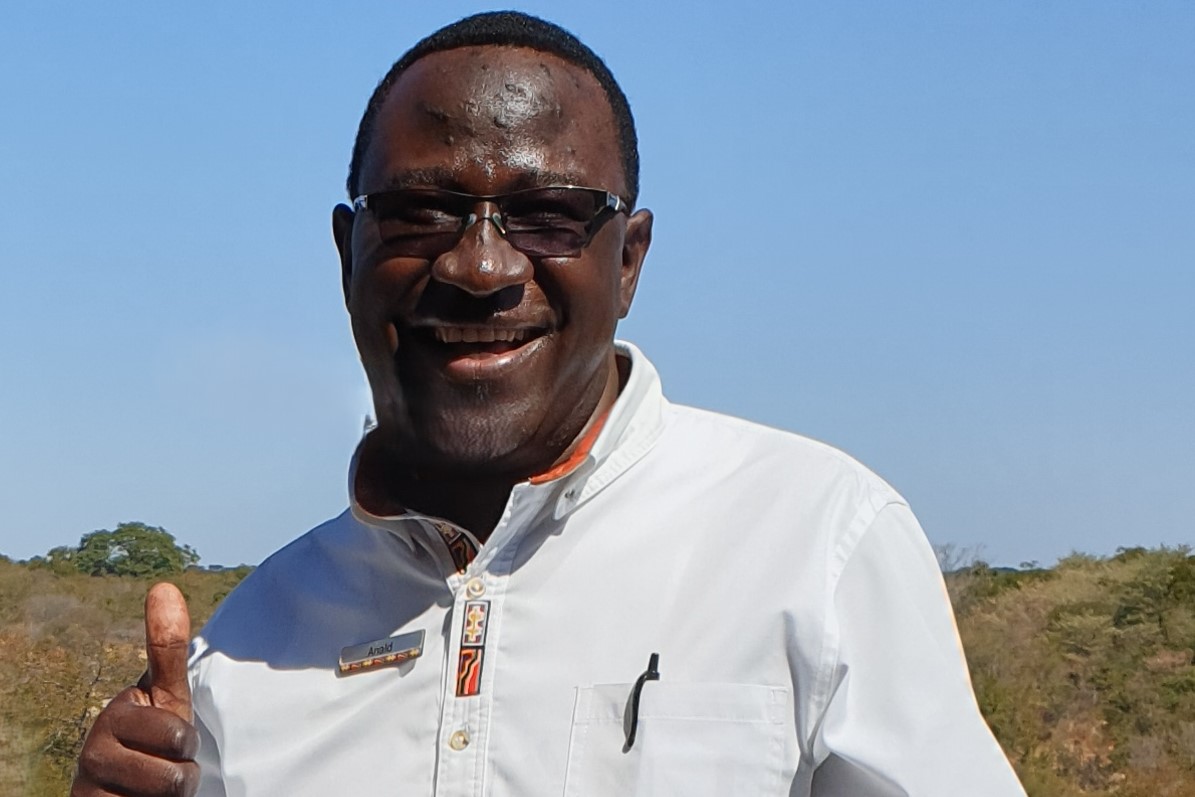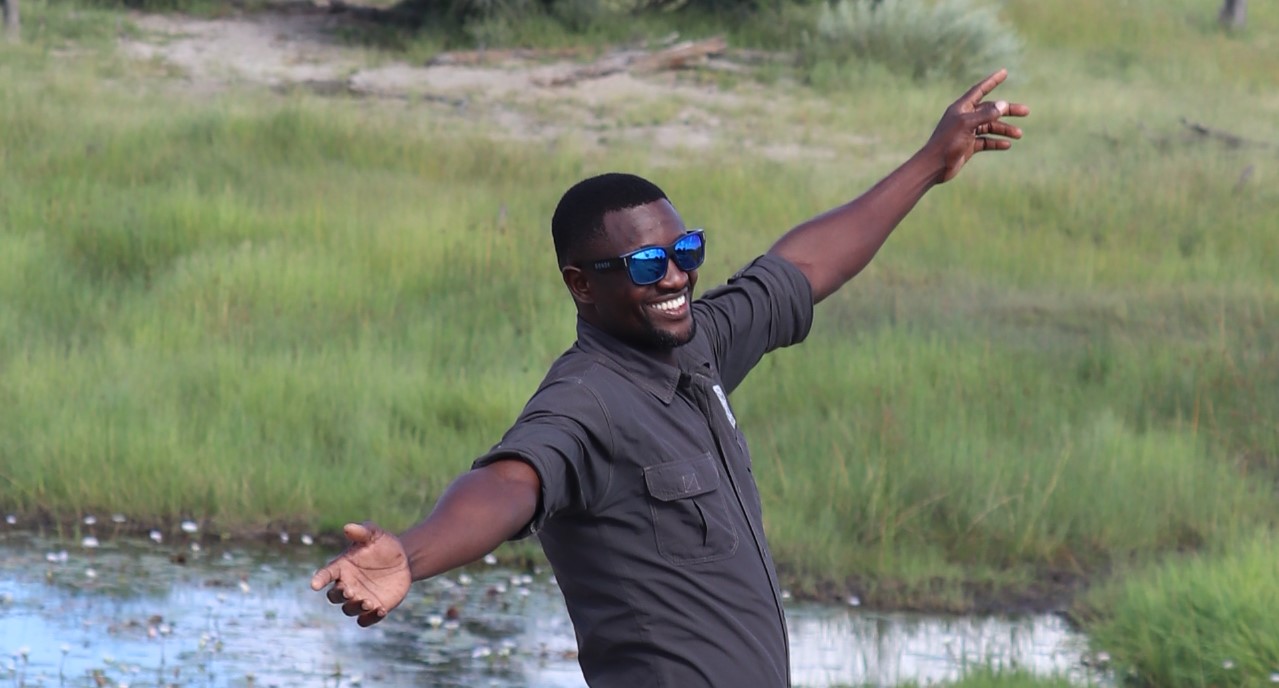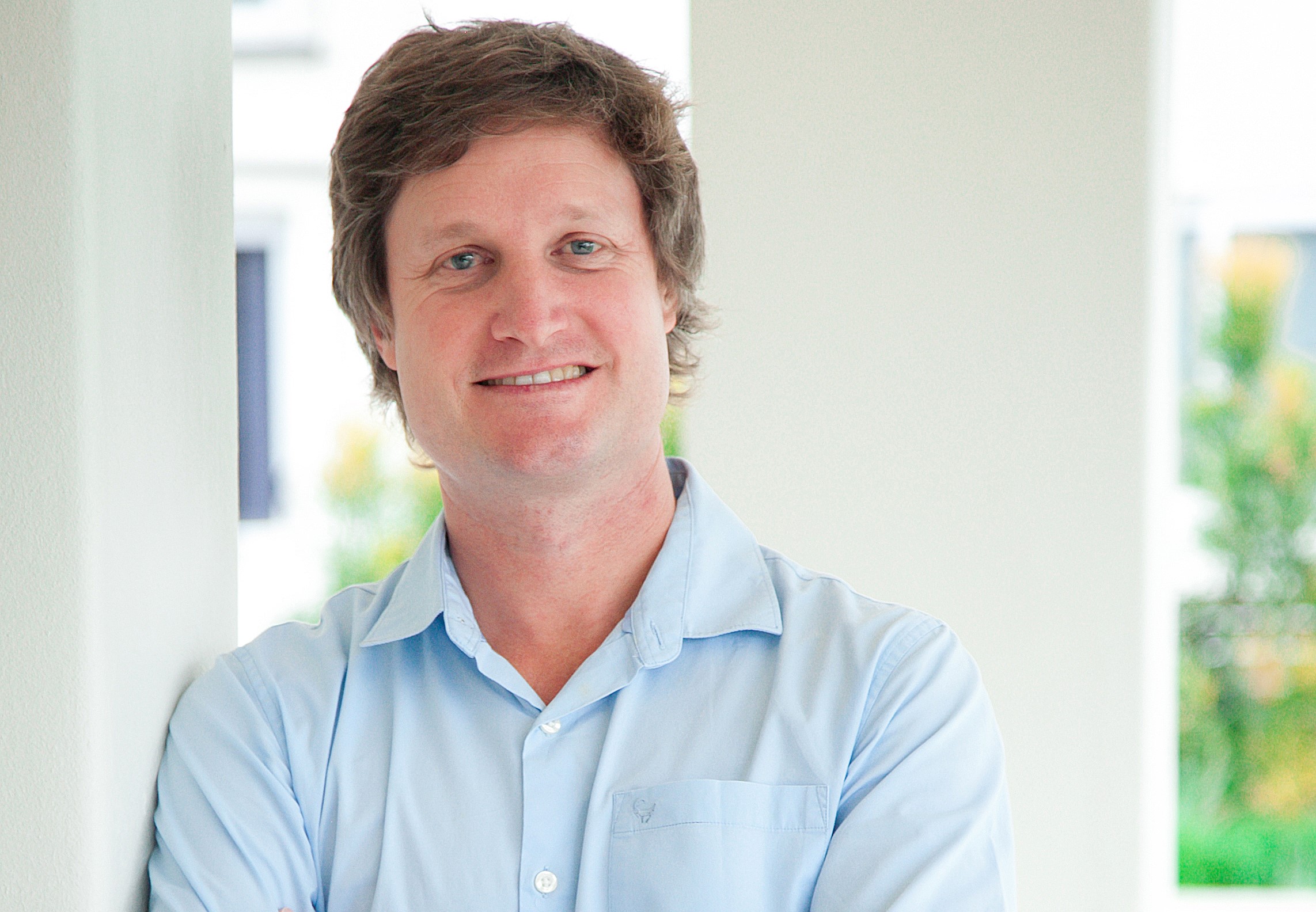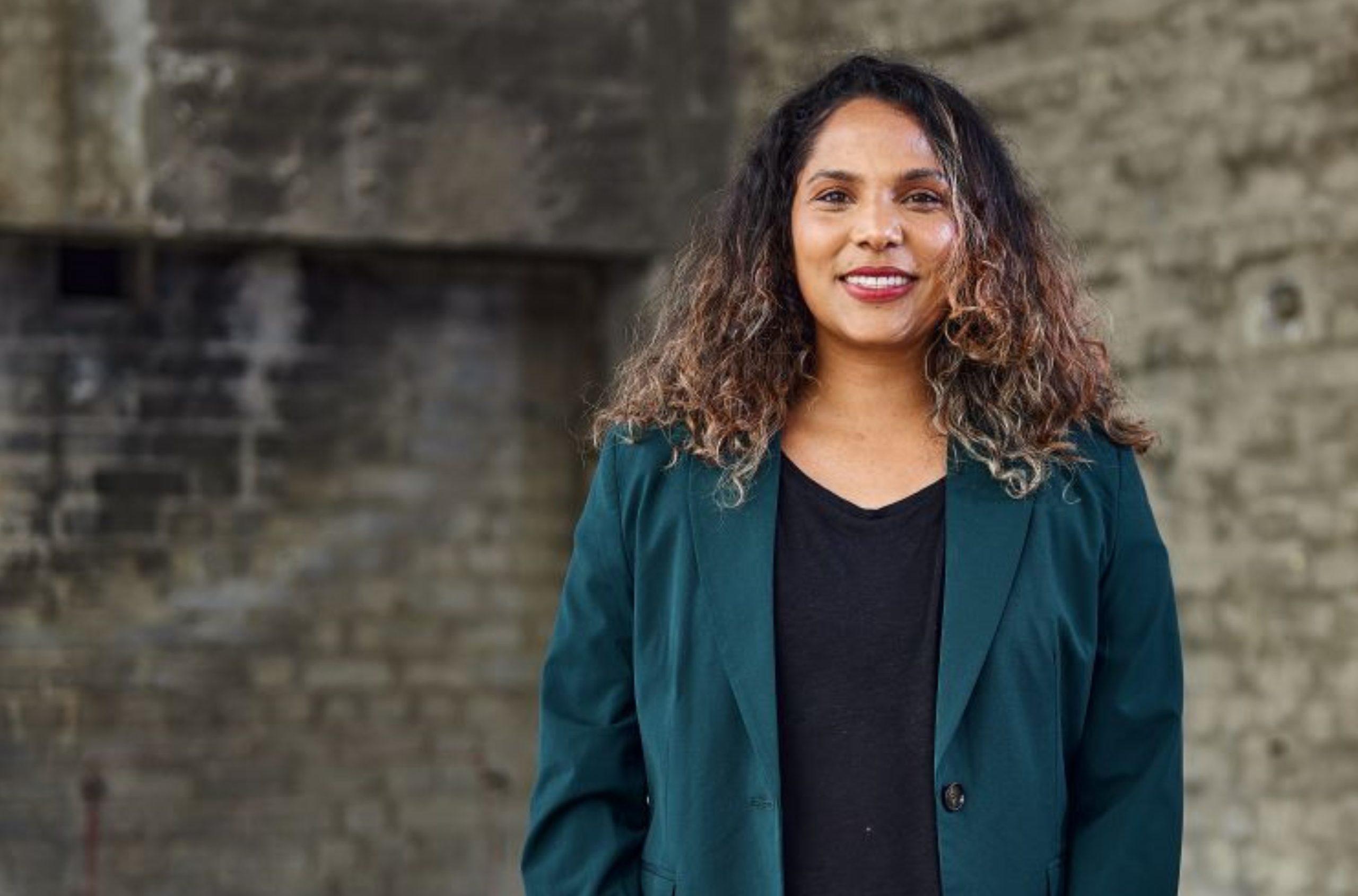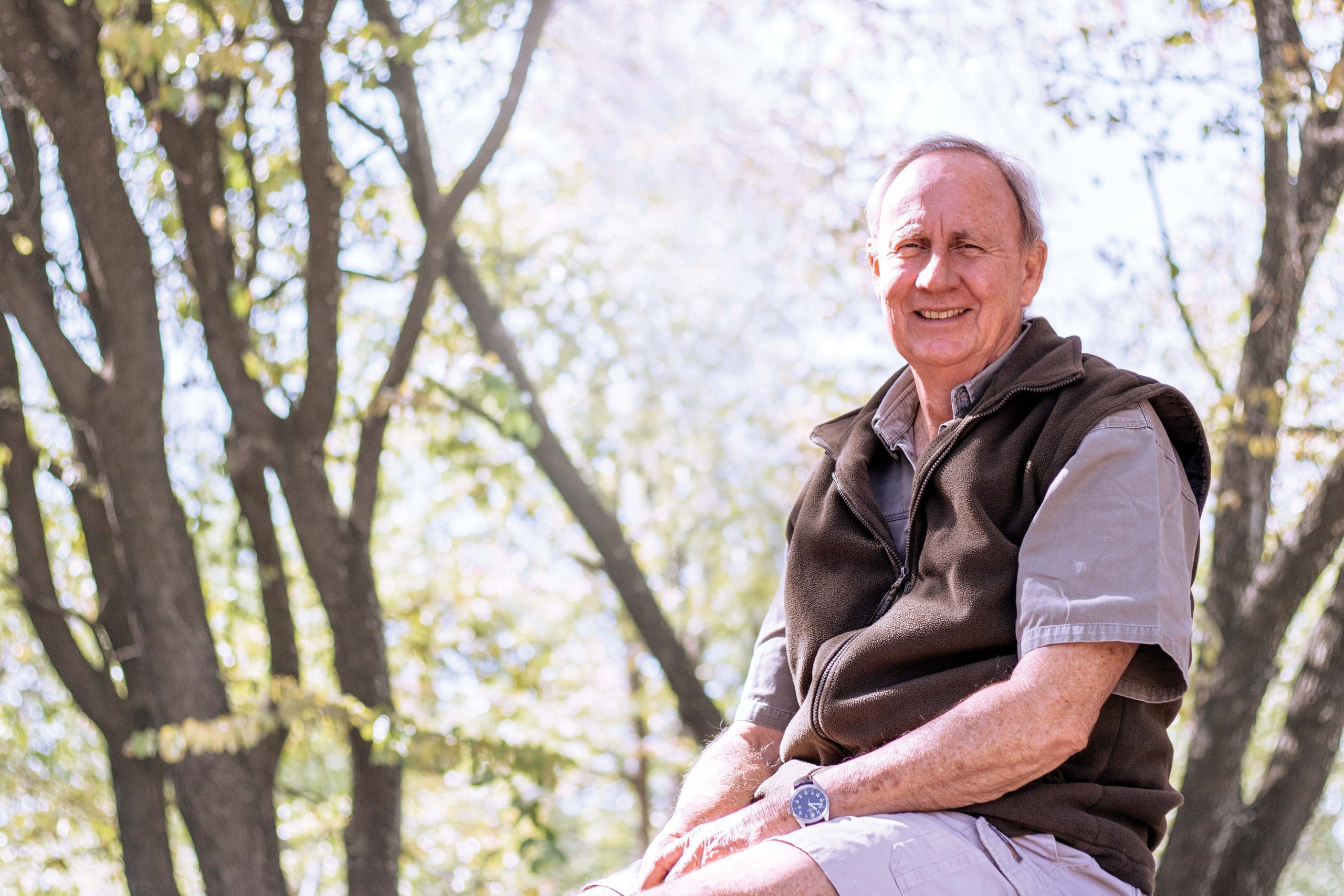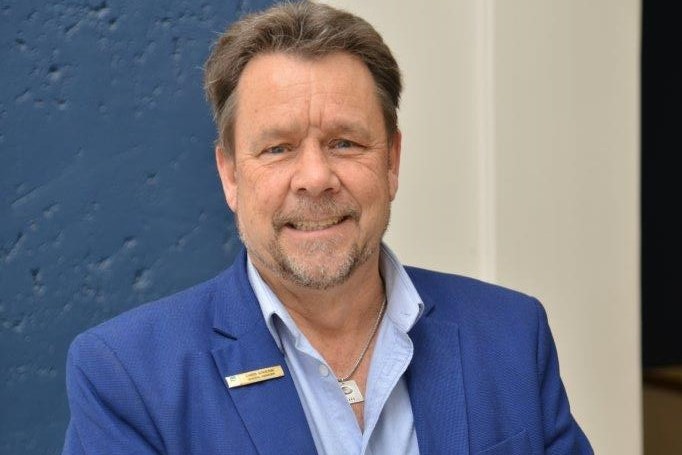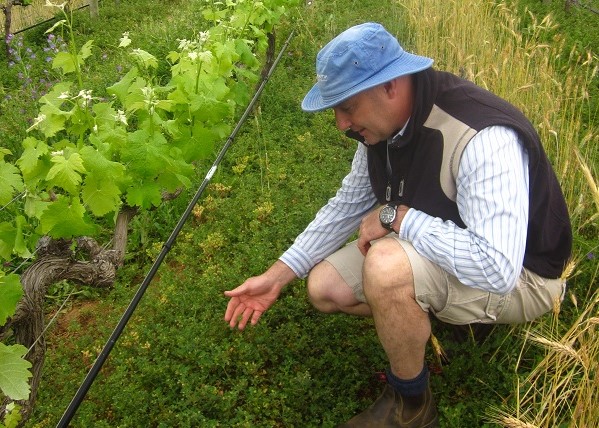Constance Ephelia – Having rained overnight, the paths were wet and water droplets glistened on the vegetation – the birdsong a delightful chorus in the early morning. Mist draped the surrounding mountains of the Morne Seychelles National Park, the sea reflecting the grey of the clouds hanging low on the horizon. None of this detracted from the natural beauty and sustainability that makes Constance Ephelia Resort Seychelles the gem that it is.
After a delicious breakfast, consisting of local fresh fruit, delicious crepes (with chocolate sauce) and great coffee, we chatted to sustainability manager, Markus Ultsch-Unrath. He is a delightful young man whose enthusiasm and commitment to overseeing the environmental sustainability at Constance Ephelia is very evident.
“… it is important that we operate in a sustainable way and minimise our impact”
“With 300 rooms and a staff compliment of around 250, it is important that we operate in a sustainable way and minimise our impact” says Markus. He tells us that the 120 hectare property, uniquely located between two exceptionally beautiful beaches and overlooking the Port Launay Marine National Park, Port Launay Mangrove Wetland Nature Reserve and the Morne Seychelles National Park, has an ethos of sustainability at its core.
The hotel was built with minimum disturbance to the vegetation and to natural watercourses. In addition to this the stone and wood that are the basis for construction blend into the lush natural vegetation that surrounds it. And the landscaping uses only indigenous plants.
The mangroves were declared a RAMSAR site (a wetland site of international importance) in 2005 and are of great environmental importance. Two thirds of the mangroves fall within the boundaries of the resort offering guests a wonderful opportunity to get up close with the seven species of mangrove trees found in the region by canoe or a guided wetland walk.
The resort works closely with local NGO’s like ‘Sustainability for Seychelles’ to educate the local community in environmental matters such as the reduction of litter, illegal dumping and encroachment as well as regular clean-ups and reforestation initiatives.
“We installed interpretive signboards around the hotel premises to raise awareness to guests”
Environmental education is important and guests, staff and neighbouring communities are informed about the natural environment and the necessity to protect it. “We installed interpretive signboards around the hotel premises to raise awareness to guests” says Markus. Their team also produced an educational video highlighting the environmental features of the resort. Tours and excursions to experience the national parks and conservation areas are conducted by local guides.
Constance Ephelia was the first hotel to be awarded with the Seychelles Sustainable Tourism Label by the Seychelles Tourism Board
He proudly tells us that Constance Ephelia was the first hotel to be awarded with the Seychelles Sustainable Tourism Label by the Seychelles Tourism Board in 2012. And that it is one of only two Green Globe certified hotel in the Seychelles, the other being sister property Constance Lemuria on Praslin (which is also under his environmental care). The hotel is audited annually and recertified every two years – the most recent audit saw Constance Ephelia scoring the highest of all seven ConstanceHotels (wonderful island destinations – Seychelles, Mauritius, Maldives and Madagascar).
Being Green Globe certified means they have to have a really comprehensive resource management system – energy, water and waste
Some of the highlights of are:
Energy efficiency
- consumption is monitored and measured daily, as a whole and by department
- energy saving technology has been installed such as a heat exchange system that provides hot water for the entire resort (from the generators and chillers); photovoltaic panels to supply green energy; motion sensors in guest rooms that switches lights off and returns aircons to room temperature and extensive use of LED lighting amongst others
- electric buggies are used to shuttle guests (charged with renewable energy)
- guests are encouraged to use bicycles and local transport
Water management
- water production and consumption is recorded on a daily basis
- an in-house desalination plant operates with a reverse osmosis system and UV-treatment – this water is bottled in their glass bottling plant to provide fresh water for guests (approximately 800 bottles per day)
- black and grey water is treated in the sewerage treatment plant using a bacterial enzyme (to digest organic matter and avoid strong odour) and is tested before being used for irrigating the gardens
- biodegradable cleaning products are used
Waste – reduce, re-use, recycle
- the in-house water bottling system eliminates the need for plastic water bottles – this saves approx. 200,000 plastic bottles per year
- colour coded bins are used for back-of-house recycling and sorting
- contracts are in place for the collection of waste – batteries, scrap metal, copper and aluminium; used generator oil and cooking oil for recycling; plastic bottles; beverage cans and glass waste (this is collected and crushed by a contractor for use as a construction material)
- food waste is collected by a local pig farmer and recycled as pig food
- non-recyclable waste is compacted and collected by a local waste management company – the volume, number of trips and final disposal is verified
- garden refuse goes through a wood chipper or shredder and is composted for re-use in the gardens
Procurement
- it is a priority to source from local suppliers for fish, eggs, vegetables and fruits so as to reduce the volume of packaging as well as unnecessary transport energy
- contracts are in place with local farmers for fruit and vegetables
- fish is sourced from local fisherman and usually within 20km – this ensures freshness and maximum benefit to the local community
Another area of vital importance, says Markus, is cultural heritage. Local cultural and historical sites are promoted to guests through tours by local operators as well as the local cuisine, music and art. A regular artistic beach fair offers guests the opportunity to interact with local artists showcasing their art, music, poetry and sculpture.
In finishing off our conversation about sustainability, Markus again stressed that he “believes it’s the way of the future”. We certainly believe that too!
